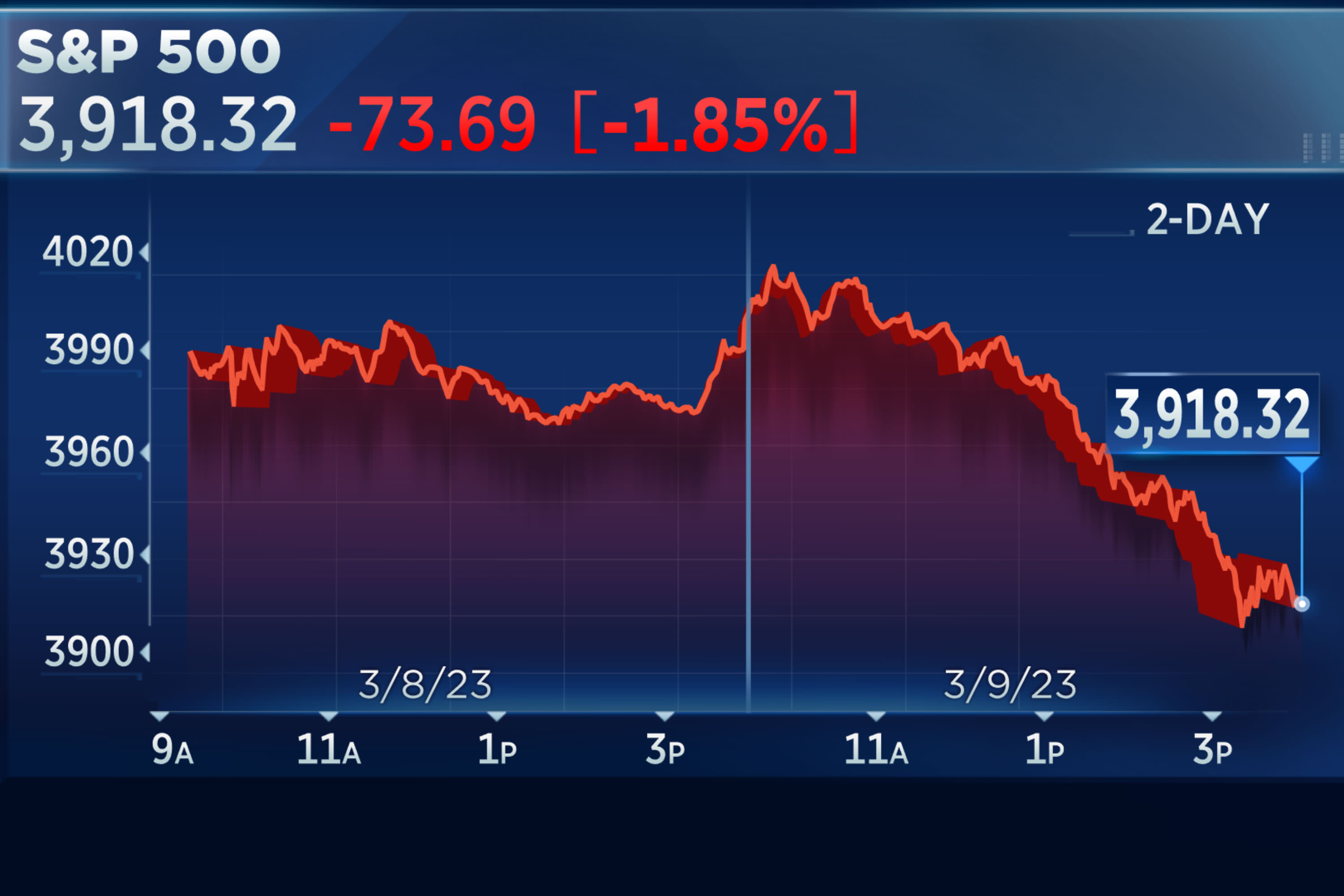In a surprising turn of events, Sri Lanka witnessed significant political changes today as the ruling coalition government faced a dramatic reshuffle. Prime Minister Rajapaksa, amidst mounting pressure from opposition parties and civil society, announced his resignation late last night. This move comes amidst widespread protests and economic challenges plaguing the island nation.
The resignation of Prime Minister Rajapaksa Indianaupdates.com, known for his strong stance on economic reforms, follows weeks of unrest sparked by soaring inflation and public dissatisfaction over government handling of the COVID-19 pandemic. In his farewell address, Rajapaksa urged unity and called for a smooth transition to the new leadership.
As the nation grapples with uncertainty, political analysts speculate on the future course under the interim leadership of Deputy Prime Minister Kumarasinghe. Kumarasinghe, a veteran politician with a reputation for consensus-building, is expected to steer the country through these turbulent times until elections scheduled for early next year.
Meanwhile, international observers are closely monitoring developments in Sri Lanka, a strategically important country in South Asia known for its rich cultural heritage and scenic landscapes. The global community awaits the new government’s policy directions on key issues such as economic recovery, healthcare reforms, and regional diplomacy.
In the capital city of Colombo, reactions to the political changes were mixed. While some expressed optimism for a fresh start, others voiced concerns about stability and continuity in governance. Business leaders and civil society groups have called for swift action to address pressing challenges facing the nation.
As Sri Lanka navigates this period of transition, all eyes are on Parliament’s upcoming sessions, where the new leadership will outline its vision for the future. The resilience of Sri Lanka’s democracy and the determination of its people to overcome adversity will undoubtedly shape the course of events in the coming months.


